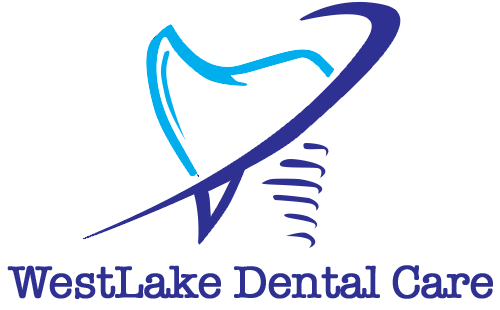Debunking Common Myths in Dentistry: What You Need to Know
Welcome to the WDC biweekly blog, where we aim to clarify and educate on the important aspects of oral health. Despite the abundance of information available, myths and misconceptions about dental care are still prevalent. These myths can lead to misinformation and even neglect of proper dental practices. In this post, we'll tackle some of the most common dental myths and provide you with the facts you need to maintain a healthy smile.
1st Myth: Brushing Harder Cleans Your Teeth Better
Many people believe that applying more pressure while brushing will result in cleaner teeth. In reality, brushing too hard can damage your gums and enamel. The key to effective brushing is not the pressure but the technique. Use a soft-bristled toothbrush and gentle, circular motions to clean your teeth thoroughly.
2nd Myth: You Don’t Need to See the Dentist If You Aren’t in Pain
Some people only visit the dentist when they experience pain, but dental issues often don’t present symptoms until they’re quite advanced. Regular dental check-ups can help catch problems early, such as cavities or gum disease, before they cause significant pain or damage.
3rd Myth: Sugar is the Only Culprit for Cavities
While sugar is a major contributor to tooth decay, it’s not the only factor. Cavities are caused by the interaction of bacteria in your mouth with any type of carbohydrate, including bread and pasta. Consistent oral hygiene, including brushing and flossing, is crucial in preventing cavities, regardless of your diet.
4th Myth: Whitening Toothpaste Can Whiten Your Teeth as Much as Professional Treatments
Whitening toothpaste can help remove surface stains, but it doesn’t change the natural color of your teeth. For more significant whitening, professional treatments offered by your dentist are more effective. They can provide customized solutions that achieve more noticeable results.
5th Myth: Flossing Is Optional If You Brush Regularly
Flossing and brushing are both essential components of oral hygiene. While brushing removes plaque from the surfaces of your teeth, flossing cleans between your teeth and under the gumline, where your toothbrush can’t reach. Daily flossing helps prevent gum disease and cavities in these hard-to-reach areas.
6th Myth: Dental X-Rays Are Dangerous
Modern dental X-rays use very low levels of radiation, which are considered safe. They are an important diagnostic tool that helps your dentist detect issues that are not visible during a regular examination. The benefits of identifying potential problems early far outweigh the minimal risks associated with X-rays.
7th Myth: You Can Skip Brushing if You Rinse with Mouthwash
Mouthwash is a great supplement to brushing and flossing, but it doesn’t replace them. Brushing physically removes plaque from your teeth, while mouthwash helps to reduce bacteria and freshen breath. For optimal oral health, it’s essential to brush, floss, and use mouthwash regularly.
8th Myth: Baby Teeth Aren’t Important Since They Eventually Fall Out
Baby teeth are crucial for a child’s development. They help in chewing, speaking, and maintaining space for adult teeth. Poor oral hygiene can lead to decay in baby teeth, which can affect adult teeth and overall oral health. It’s important to start dental care early in life to set the stage for lifelong oral health.
9th Myth: You Only Need to Replace Your Toothbrush When It Looks Worn
The American Dental Association recommends replacing your toothbrush every three to four months, regardless of its appearance. Over time, toothbrush bristles become less effective at cleaning your teeth, so a regular replacement schedule ensures optimal brushing performance.
10th Myth: Dental Work Is Too Expensive and Not Worth the Investment
Investing in your dental health can prevent more significant and costly issues in the future. Regular check-ups and preventive care are often more affordable and less invasive than dealing with advanced dental problems that arise from neglect. Your oral health impacts your overall well-being, making it a worthwhile investment.
By debunking these common myths, we hope to empower you with accurate information to make informed decisions about your dental care. If you have any questions or concerns about your oral health, don’t hesitate to reach out to our office. Our team is here to provide you with the best care and guidance for a healthy, beautiful smile.
Stay tuned for more tips and insights on maintaining your oral health. Remember, when it comes to dental care, knowledge is power!
Contact us today to learn more about how WestLake Dental Care
can help you stay ahead of your oral health.
